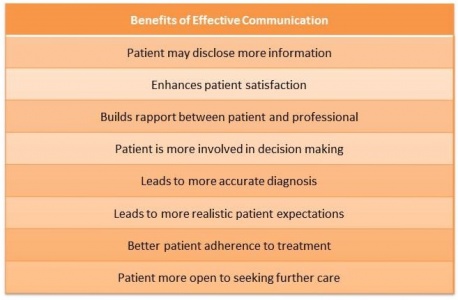Evaluating Health Information
•Consider the source: Check the website or author's credentials to ensure that they are qualified and reputable. Look for information provided by government agencies, academic institutions, and professional organizations.
•Check for bias: Evaluate whether the information presented is objective or whether it seems to have a particular agenda or bias. Be wary of sites that promote a particular product or service.
•Look for evidence: Look for references or citations to support the information provided. Evaluate whether the evidence cited is current, reliable, and relevant.
•Consider the tone and style: Evaluate whether the information presented is clear, understandable, and free from technical jargon. Look for sites that present information in a balanced and unbiased manner.
•Check for dates: Check the date of publication to ensure that the information is current and up-to-date.
Evaluating Health Information
•Cross-check with other sources: Check the information against other sources to verify its accuracy and reliability.
•Consult with a healthcare professional: Consult with a healthcare professional to get accurate information and advice about your specific health concerns.
•Look for a privacy policy: Ensure that the website has a privacy policy that outlines how they collect, use, and protect personal information. Avoid sites that do not have a privacy policy or that collect unnecessary personal information.
•Use fact-checking websites: Use fact-checking websites such as FactCheck.org or Snopes.com to verify the accuracy of information presented.
•Be cautious of personal anecdotes: Be cautious of personal anecdotes or stories that are presented as evidence. While they may be compelling, they do not necessarily represent a scientific or evidence-based approach.
•Be aware of pseudoscience: Be aware of pseudoscientific or alternative health websites that promote unproven or disproven treatments or therapies.
Evaluating Health Information
•Check for conflicts of interest: Look for any conflicts of interest or financial incentives that may be influencing the information presented. Be wary of sites that promote a particular product or service, particularly if they stand to profit from its promotion. Consult with a healthcare professional: Consult with a healthcare professional to get accurate information and advice about your specific health concerns.
•Consider the website design: Evaluate the website design to ensure that it is professional, easy to navigate, and free from distracting advertisements or pop-ups.
•Use your common sense: Use your common sense and trust your instincts. If the information presented seems too good to be true, or if you feel uncomfortable with the information presented, it's probably best to seek out alternative sources.
Means to Evaluate Health Information
•Health On the Net Foundation (HONcode) certification: This certification indicates that the website is reliable and trustworthy and meets specific criteria for providing accurate and authoritative health information.
•Trustworthy rating systems: Some search engines and websites use rating systems that evaluate the trustworthiness of websites based on various factors such as the quality and quantity of information, authority of sources, and objectivity.
•Quality criteria: Several organizations have established quality criteria for evaluating health information online, such as the DISCERN tool, which provides a systematic way to evaluate the quality of written health information.
•Online community and forums: Online communities and forums can be a valuable resource for sharing information and experiences, but it is important to be cautious of misinformation or personal anecdotes.
•Fact-checking websites: Fact-checking websites such as FactCheck.org or Snopes.com can be used to verify the accuracy of information presented.
•Consult with a healthcare professional: Consulting with a healthcare professional is always recommended to get accurate information and advice about your specific health concerns.





